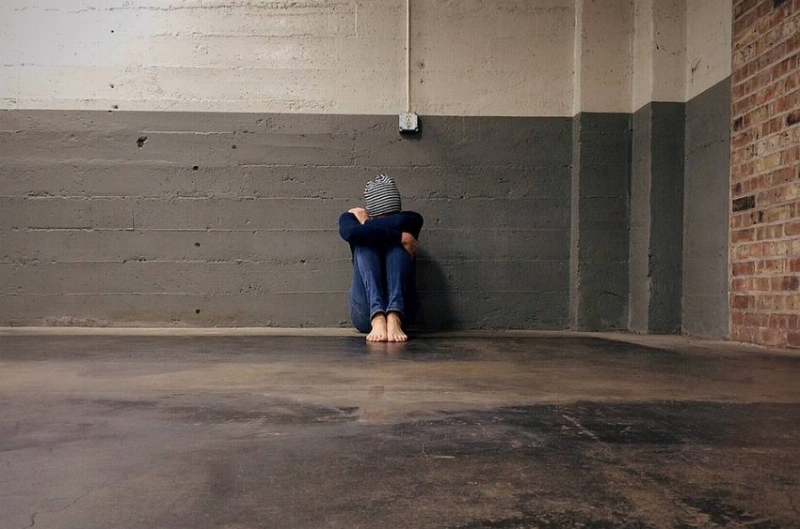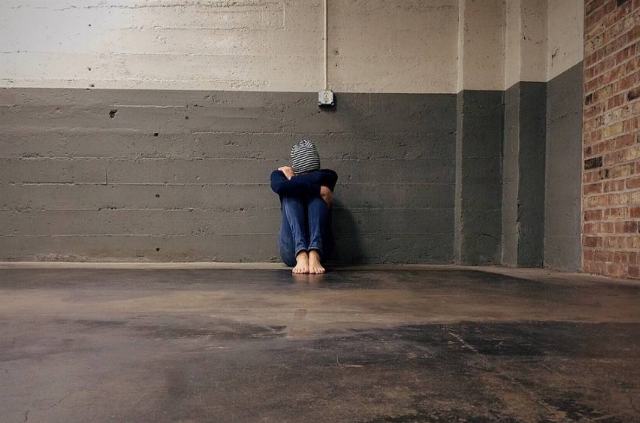


I avoid consuming media from left-leaning sources, as they often promote narratives that contradict clear evidence. Over time, I’ve compiled a Notepad file documenting around 125 lies propagated by the Left, though I’ve stopped tracking them out of exhaustion.
Many Americans -- potentially millions -- embrace ideas like socialism’s superiority over capitalism, inherent racism among Caucasians, the moral legitimacy of groups like Hamas and ISIS, or the supposed benefits of open borders. These claims, despite being repeatedly debunked, persist among leftists, raising a critical question: how does clinging to such erroneous beliefs affect mental health?
Research consistently shows a mental health gap between conservatives and liberals, with conservatives reporting better psychological well-being and lower rates of diagnosed mental disorders. However, factors like cultural attitudes, social media, and political polarization add complexity to this divide.
A 2023 study cited in American Affairs Journal highlights that liberal teens, especially girls, exhibit significantly higher rates of depressive symptoms compared to their conservative peers, a trend that intensified during the “Great Awokening,” a period marked by heightened social justice activism. Similarly, a 2025 PLOS One study found conservatives rate their mental health at around 70/100 (“very good”), while liberals score 60–65/100 (“good”). A Pew Research Center survey further reveals that 62% of “very liberal” or “liberal” white individuals report a diagnosed mental health condition, compared to only 26% of conservatives and 20% of moderates.
Why do liberals report poorer mental health? The American Affairs Journal suggests that liberal ideologies, which often focus on systemic inequities, can foster feelings of powerlessness, particularly among young people exposed to these ideas in schools and online. A NeuroLaunch article notes that the rise of social media and outrage-driven journalism since 2012 correlates with increased depression among liberal youth, who are more likely to engage with politicized content highlighting societal problems. In contrast, conservatives’ belief in meritocracy, personal responsibility, and limited government -- emphasized by statistician Nate Silver and the New York Post -- may promote a sense of agency and resilience, contributing to better mental health.
Social and cultural factors also play a role. Conservatives often benefit from stronger ties to institutions like religion, marriage, or community organizations, which are linked to improved well-being. The American Affairs Journal notes that religious conservatives, in particular, tend to give more to charity, fostering a sense of purpose that buffers against distress. Liberals, while often expressing broader empathy, may not put their words into actions, potentially deepening feelings of helplessness.
However, self-reporting biases complicate these findings. Cultural attitudes toward mental health disclosure vary, and conservatives may underreport issues due to stigma, associating “mental health” with weakness or clinical diagnoses. Liberals, particularly white liberals, may be more likely to acknowledge struggles, possibly to gain social capital or victimhood status, which likely inflates diagnosis rates. The PLOS One study revealed that when asked about “overall mood” rather than “mental health,” the gap between liberals and conservatives vanishes, with both groups rating around 61/100. This suggests the divide may partly reflect perception rather than reality.
External factors, like political events and media consumption, further complicate things. A Columbia Magazine article suggests that political alienation among liberal youth since the 2016 election may have worsened mental health, though more research is needed to isolate this from variables like social media use. Notably, recent trends show 18- to 21-year-olds increasingly identifying as Republicans, indicating shifting ideological landscapes.
The leftward slant of media, education, and political discourse bears significant responsibility. Since the Vietnam War, biased reporting has eroded trust in institutions like the government, law enforcement, and military. Decades of apocalyptic environmental predictions have instilled fear in generations, while schools and universities often teach that America is the root of global problems, advocating socialism as the solution. This relentless narrative can create a sense of despair and disconnection.
To recap, the mental health gap between liberals and conservatives stems from a complex interplay of ideology and external influences. Conservatives’ emphasis on personal responsibility and strong social ties may foster resilience, while liberals’ focus on perceived societal injustices and exposure to polarizing, left-wing media may heighten distress. Cognitive dissonance -- believing narratives that contradict observable reality, like claims of a failing economy despite falling prices, low unemployment and booming 401(k)’s -- likely exacerbates mental strain.
When trusted sources repeatedly push falsehoods, from ecological collapse to systemic blame, it forces individuals to choose between evidence and ideology, a conflict that cannot be healthy over time.
One possible solution is longitudinal research to identify the causes of these dissonances.
Another is for people to simply tell the truth.

Image: Pixabay
